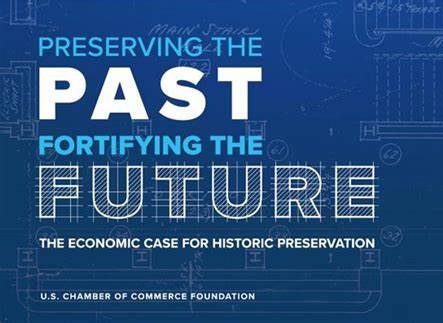Home Insurance for Historic Homes: Preserving the Past, Insuring the Future
Historic homes are architectural treasures that stand as a testament to our rich heritage. These venerable structures carry with them stories of the past, adding character and charm to our neighborhoods. However, owning and maintaining a historic home comes with its unique set of challenges, especially when it comes to home insurance. In this article, we will explore the intricacies of insuring historic homes, how to preserve their historical value, and ensure a secure future.
Historic homes are not just buildings; they are a window into the past. Owning one can be a dream come true, but it also brings its own set of responsibilities. Ensuring that these time-honored structures remain intact for future generations is crucial, and that’s where home insurance comes into play.
Understanding the Significance of Historic Homes
Historic homes are a part of our cultural heritage. They often have unique architectural features and historical value that make them priceless. Preserving these homes is essential to maintaining a sense of history in our communities.
Challenges of Insuring Historic Homes
Age and Structural Concerns
One of the primary challenges in insuring historic homes is their age. Older homes may have outdated electrical or plumbing systems, which can increase the risk of accidents and damage.
Historical Preservation Requirements
Many historic homes are subject to preservation requirements imposed by local authorities or historic preservation societies. These requirements can affect the cost and availability of insurance.
Types of Insurance Coverage for Historic Homes
Actual Cash Value vs. Replacement Cost
Understanding the difference between insuring for actual cash value and replacement cost is crucial for historic homeowners. The latter ensures that you can rebuild or restore your home to its original condition in case of damage.
Specialized Historic Home Insurance
Some insurance companies specialize in providing coverage for historic homes. They understand the unique needs of these properties and can tailor policies accordingly.
Factors Affecting Insurance Premiums
Location and Climate
The geographic location of your historic home plays a significant role in determining insurance premiums. Areas prone to natural disasters or extreme weather conditions may have higher rates.
Condition and Maintenance
The overall condition and maintenance of your home also affect insurance costs. Regular upkeep can help reduce the risk of damage and keep premiums affordable.
Tips for Securing Affordable Historic Home Insurance
Proper Documentation
Maintaining thorough records of your home’s history, renovations, and maintenance can be invaluable when applying for insurance. It helps insurers assess the risk accurately.
Working with a Specialized Agent
Consulting an insurance agent experienced in historic homes can make the process smoother. They can connect you with insurers who understand the unique needs of your property.
Investing in Home Renovation
Investing in renovations and updates that improve the safety and security of your historic home can lead to lower insurance premiums.
Preserving the Historical Value
Maintenance and Restoration
Regular maintenance and restoration efforts are essential to preserve the historical value of your home. It also prevents issues that may lead to insurance claims.
Compliance with Preservation Standards
Adhering to preservation standards ensures that your renovations maintain the historical integrity of your home, which can be a requirement for insurance coverage.
The Importance of Appraisals
Having your historic home appraised by a professional who specializes in historic properties can provide an accurate valuation, which is crucial for insurance purposes.
Claiming for Restoration After Damage
In the unfortunate event of damage to your historic home, it’s essential to understand the claims process and ensure that your insurance policy covers restoration to its original state.
Community Involvement and Resources

Getting involved with local historic preservation organizations can provide resources and support for maintaining your historic home and navigating insurance challenges.
Conclusion
Owning a historic home is a privilege that comes with responsibilities. Preserving the past while insuring the future requires careful consideration, specialized insurance coverage, and a commitment to maintenance and restoration. With the right approach and resources, you can protect your piece of history for generations to come.
FAQs :
1. Can I insure a historic home if it’s not officially recognized as historic?
Yes, you can still insure your historic home even if it’s not officially recognized, but it may require a specialized policy.
2. How can I find an insurance agent experienced in historic homes?
You can search online for insurance agencies that specialize in historic properties or ask for recommendations from local historic preservation organizations.
3. What should I do if my historic home undergoes damage due to a covered event?
Contact your insurance company immediately, document the damage, and follow their claims process for restoration.
4. Are there tax incentives for preserving historic homes?
Yes, in many regions, there are tax incentives and credits available to homeowners who preserve and maintain historic properties.
5. How can I ensure that renovations comply with preservation standards?
Consult with local historic preservation authorities and experts in historic architecture to ensure your renovations align with preservation standards.





